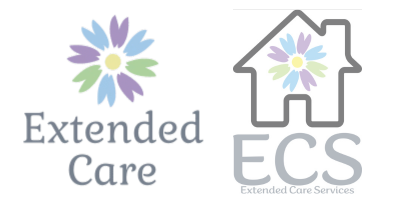Caring for a loved one with intellectual and developmental disabilities (IDD) can be a rewarding and fulfilling experience. However, as time goes by and their needs become more complex, you may find it increasingly challenging to provide the necessary support and high-quality care.
In such cases, residential care services can be invaluable resources, offering specialized care and support that can help individuals with IDD thrive. This section will discuss the signs that indicate your loved one may benefit from these services and the advantages of considering supported living options for their well-being.
Signs Your Loved One May Benefit from Extended Care Services
1. Caregiver Fatigue or Burnout
Being a caregiver can be both physically and emotionally demanding, and it is essential to recognize when you may be experiencing fatigue or burnout. Once you find yourself feeling overwhelmed, exhausted, or unable to provide the level of care your loved one requires, it may be time to consider imploring the help of a host home provider.
2. Increased Behavioral or Emotional Challenges
Individuals with IDD may experience changes in behavior and emotions as they age. If you observe them exhibiting increased aggression, anxiety, or depression, they may benefit from the support offered by home- and community-based supported living services.
3. Changes in Living Situation
Whenever there is a change in your living situation or routine, such as moving to a new home or the loss of a family member, it can be challenging for individuals with IDD to adapt. As such, residential care services can provide a stable, supportive environment that can help ease the transition.
4. Social Isolation
Social interaction is crucial for the well-being of individuals with IDD. If your loved one is becoming increasingly isolated or withdrawn, they may benefit from the social opportunities and structured activities offered by extended care services.
Advantages of Supported Living for Individuals with IDD
1. Opportunities for Socialization
Loneliness can have serious health consequences, including depression, anxiety, and cognitive decline. But residential care services provide a range of social opportunities, including structured activities and events, allowing your loved one to build relationships and develop a sense of community.
2. Relief for Caregivers
Caring for a loved one with IDD can be challenging, and it’s essential to recognize when you need a break. With the help of host home providers, you can have some temporary relief, allowing you to rest and recharge while knowing your loved one is in good hands.
3. Independence and Skill Development
Supported living promotes independence and skill development for individuals with IDD. By offering support in a structured environment, your loved one can learn valuable life skills, gain a sense of autonomy, and explore their interests.
4. Safety and Security
Residential care services are designed to give them opportunities to live in a safe, comfortable, and supportive home environment. With friendly hosts and appropriate accommodations, you can have peace of mind knowing your loved one is well taken care of.
Conclusion
Recognizing the need for respite care for your loved one with intellectual and developmental disabilities is necessary for securing the care and support they need to flourish in their own way.
Reflect on the signs discussed above and the advantages of these services and options so you can make an informed decision that best meets the needs of your loved one and your family.
Are you looking for a residential care provider in Colorado? Extended Care can help you with that. We are focused on providing service that will enrich an individual, teach independent skills, and provide a safe environment to live in. Our programs include residential care, pre-vocational services, supported community connections, and non-medical transportation. Contact us for a free care consultation now.

